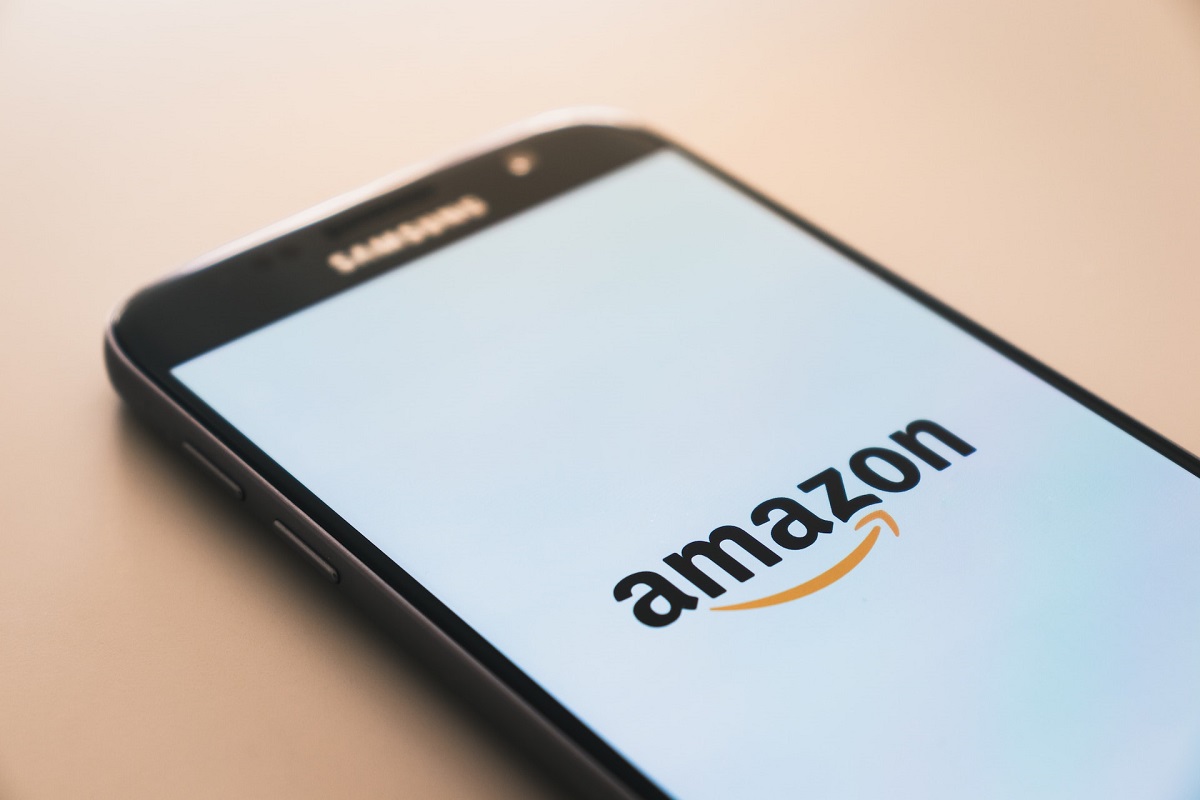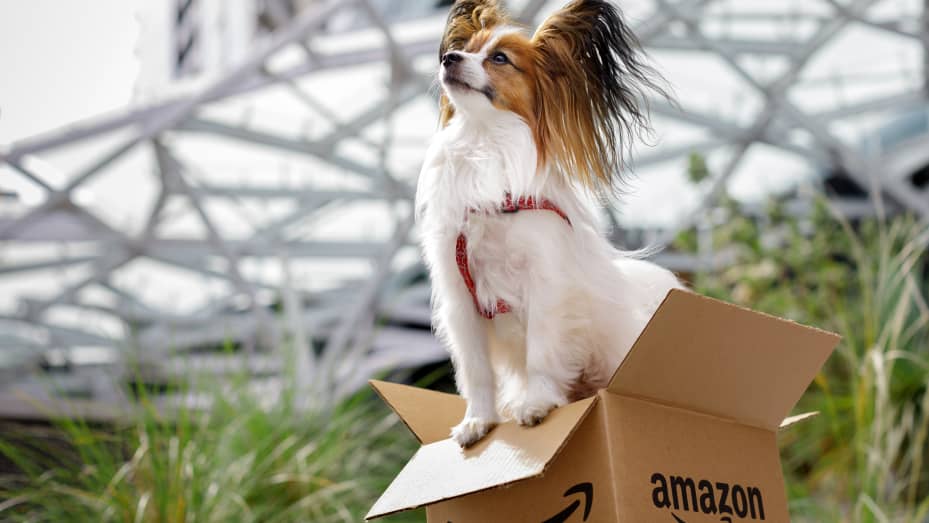Amazon is looking into the possibility of expanding into veterinary telehealth, aiming to compete with Walmart, which began offering this service to Walmart+ subscribers earlier this year, according to sources familiar with the matter.
The e-commerce giant, which has already made significant strides in human health through its acquisition of One Medical, is a major player in the pet food and supplies market.
However, it has not yet made substantial investments in pet health, an area poised for growth within the $137 billion pet industry.
The individuals familiar with Amazon’s potential foray into veterinary telehealth requested anonymity because the discussions are confidential.
Veterinary telehealth allows pet owners to have virtual consultations with veterinarians and veterinary technicians, similar to human telemedicine services.
Earlier this year, Walmart struck a deal with the veterinary telehealth provider Pawp to offer Walmart+ subscribers complimentary access to Pawp’s membership for a year.
This offer is set to end on November 19, just before Black Friday and the start of the pet holiday shopping season.
Amazon may consider partnering with Pawp to launch a pet telehealth service in time for the holiday season, given Pawp’s demonstrated ability to scale with a major retailer.
Alternatively, Amazon could collaborate with one of the many other pet telehealth startups or develop its own service, similar to what Chewy did when it began offering telehealth services during the Covid pandemic.
As Amazon’s expansion into healthcare shows mixed results, the company has indicated that the pet market is a key priority. Earlier this year, Amazon aired a heartwarming Super Bowl commercial featuring a rescue dog and highlighting how its family turned to Amazon for supplies.
Amazon’s potential entry into veterinary telehealth comes as competition in the pet market intensifies, with retailers expanding their offerings.
As mass retailers increasingly provide pet essentials like food and toys, companies such as Chewy, Walmart, and Petco are expanding into pet health to remain competitive and grow their market share.
The U.S. pet market will reach $200 billion by the end of the decade, with pet healthcare playing a significant role in this growth.
Chewy has focused on expanding its pet prescription, insurance, and telehealth services. Petco has leveraged its physical stores to develop clinics and grooming centers, making it one of the leading veterinary providers in the country.

In addition to its partnership with Pawp, Walmart has announced plans to open a dedicated pet services center in Dallas, Georgia.
This center, staffed by employees from vet care and pet product company PetIQ, will offer a range of veterinary and grooming services, including wellness exams, teeth cleanings, and haircuts. This pilot project could potentially evolve into a broader program.
If Amazon proceeds with a pet telehealth initiative, it might integrate it into its Amazon Prime subscription service, similar to Walmart’s approach.
Both Amazon Prime and Walmart+ offer unlimited free deliveries, but also include additional perks to attract subscribers and minimize churn.
These subscription services—such as Amazon Prime’s GrubHub+ and Walmart+’s Pawp access—aim to distinguish themselves and stay competitive.
Veterinary telehealth emerged during the pandemic as a convenient alternative to in-person visits, but some veterinarians express concerns about its risks.
Dr. Lori Teller, former president of the American Veterinary Medical Association and a telehealth professor at Texas A&M University, acknowledges the benefits of telehealth but warns about potential issues if companies prioritize product sales over the well-being of animals.
“There’s a risk of delayed treatment or misdiagnosis when the focus is more on product sales than on the animal’s best interests,” Teller told in a recent interview.
“Telehealth services that offer general advice and triage can be valuable, especially for after-hours issues or during busy days.”
The expansion of pet telehealth is complicated by a maze of state and federal regulations that govern what veterinarians can do without having physically examined an animal.
This regulatory complexity has spurred a growing lobbying movement aimed at changing these rules.
Major companies, including Chewy and Mars Veterinary Health—a subsidiary of Mars, Inc.—have supported these lobbying efforts.
Amazon may also be involved, as evidenced by its spending of around $430,000 this year on lobbying related to “digital health oversight,” “telemedicine,” and the Food and Drug Administration, according to Senate disclosure reports.
It remains unclear whether these lobbying efforts are focused on pet health, human health, or both.







Leave a Reply